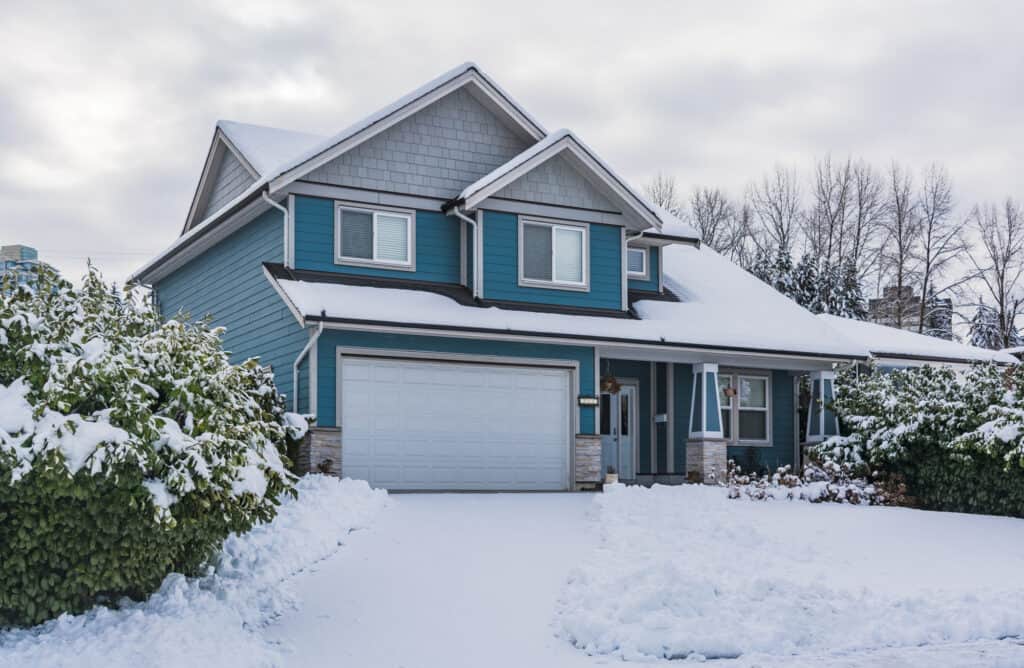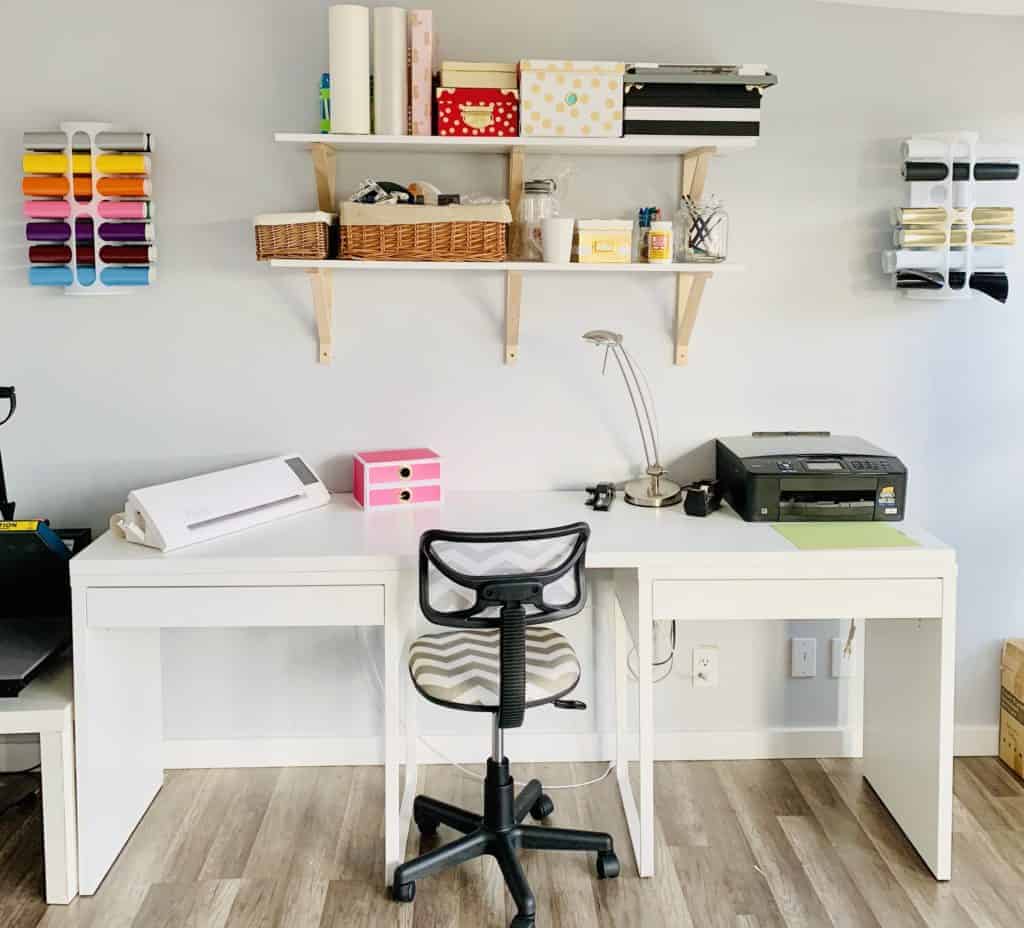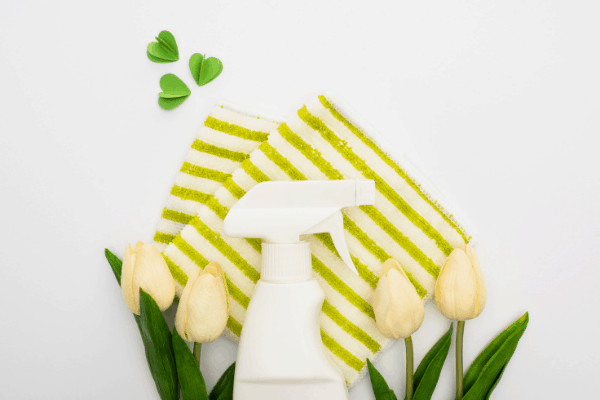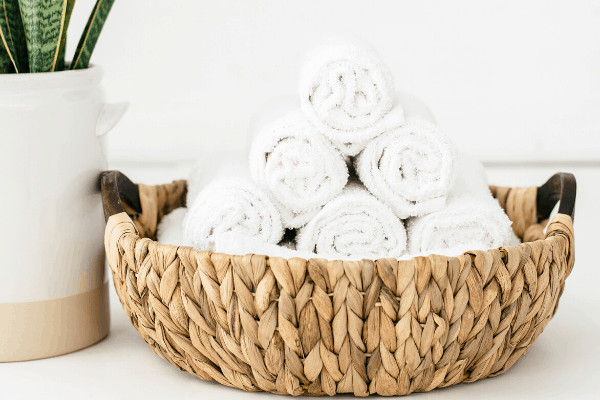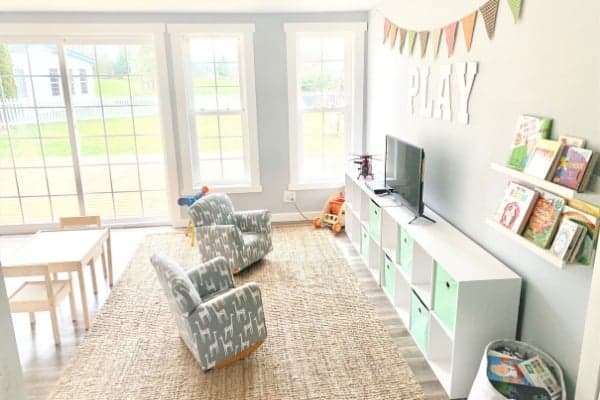Windows not only contributes to the exterior façade of a home but also plays a crucial role in its energy consumption and comfort level. Selecting the right windows, especially in a place with a variable climate like Jacksonville, Florida, demands thoroughly considering several vital factors. This comprehensive guide will delve into the aspects homeowners need to weigh before committing to a window installation Jacksonville, Florida, ensuring the chosen windows complement both their homes’ functionality and aesthetic appeal.
Understanding Window Types
Windows come in various operational styles, each offering distinct advantages and characteristics. Double-hung windows, with both an upper and lower sash, provide excellent ventilation and traditional appeal, making them a popular choice for many homeowners. Casement windows hinge at the side and open outward with a crank, offering superior airflow and a clear view outside. Rainy areas benefit greatly from awning windows, which swing outward and hinge at the top, allowing water to escape the house when it pours outside. Gliding windows, also known as gliders, are a great option for rooms that front patios or pathways as they take up less space while in use.
Materials Matter
The frame material you select impacts not only your windows’ appearance but also your performance. Wood frames offer timeless beauty and considerable insulation but can be prone to warping and rot if not properly maintained. Vinyl and aluminum frames are less maintenance-intensive and tend to be more cost-effective, though they may not match wood’s aesthetic or insulation properties. Fiberglass frames are a robust alternative, resisting weathering and thermal contraction more effectively than other materials and maintaining their structure over time.
Energy Efficiency
Ensuring your windows are energy-efficient is crucial for maintaining a comfortable home and low energy bills. Double or triple-pane windows filled with inert gases such as argon or krypton can dramatically reduce heat transfer, keeping your home’s temperature stable. Because Low-E (Low-E) coatings reflect infrared light and keep heat from departing in the winter and entering the summer, they can increase energy savings. To guarantee maximum efficiency, look for windows bearing the Energy Star certification or high National Fenestration Rating Council (NFRC) ratings.
Design and Aesthetics
The style of windows you choose plays a significant role in defining the architectural character of your house. Windows should match your home’s design period or aesthetic; for example, traditional homes may benefit from classic wooden sash windows, whereas contemporary homes might suit sleek, unadorned frames. Details like decorative grilles, muntins, or frosted glass can add character while aligning with the design theme of your home.
Functionality
Functionality is another vital aspect; windows should conform to your lifestyle needs. If ease of cleaning is a priority, consider tilt-in styles that enable you to clean the outside from indoors. Think about the paths of airflow and how window operation will impact ventilation. Also, consider your family’s security—certain window styles are more secure than others and may be reinforced with special locks or security sensors.
Climate Considerations
Your local climate should heavily influence your window choice. Coastal areas where strong storms or hurricanes are common require impact-resistant windows designed to withstand extreme conditions. Climates with severe winters may call for triple-paned windows with high R-values to ensure maximum insulation. Moreover, areas with high noise pollution can benefit from windows with substantial acoustic insulation to keep the indoor environment tranquil.
Selecting the Right Glass
The choice of glass plays a critical role in the window’s overall performance. Tempered glass is heat-treated for increased strength and safety, making it an intelligent choice for areas vulnerable to breakage. Tinted glass can enhance privacy and reduce solar heat gain, whereas acoustic glass is engineered to diminish external noise. The right selection can save energy, add comfort, and ensure privacy and peace within your home.
Professional Installation
Professional installation is non-negotiable to maximize the benefits of your new windows. Experienced installers will ensure that windows fit perfectly, are correctly sealed, and function as intended. They’ll also be able to identify any potential issues, such as structural vulnerabilities, that may affect the windows’ performance, guaranteeing a robust installation that stands the test of time.
Conclusion
The right windows can ultimately redefine your home’s appearance, improve energy efficiency, and elevate your comfort level. By considering the variety of types, materials, design elements, and climate-specific features, you can choose windows that will serve your home well for many years.

